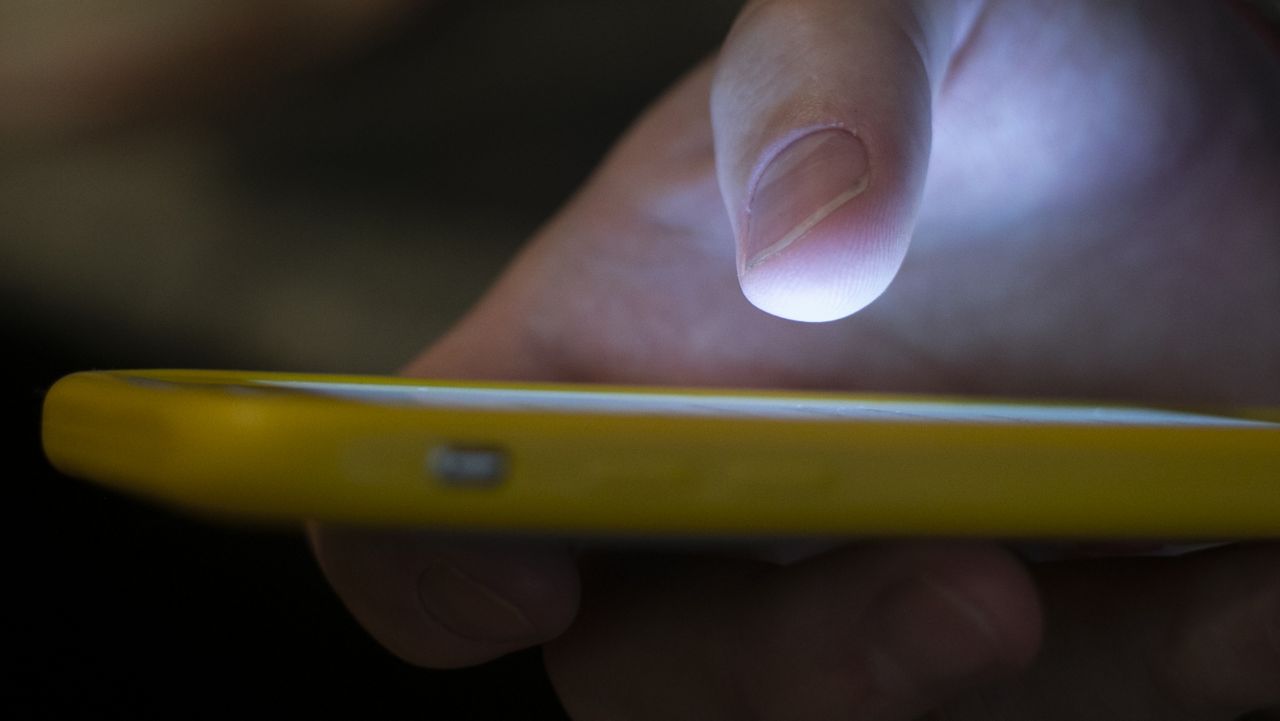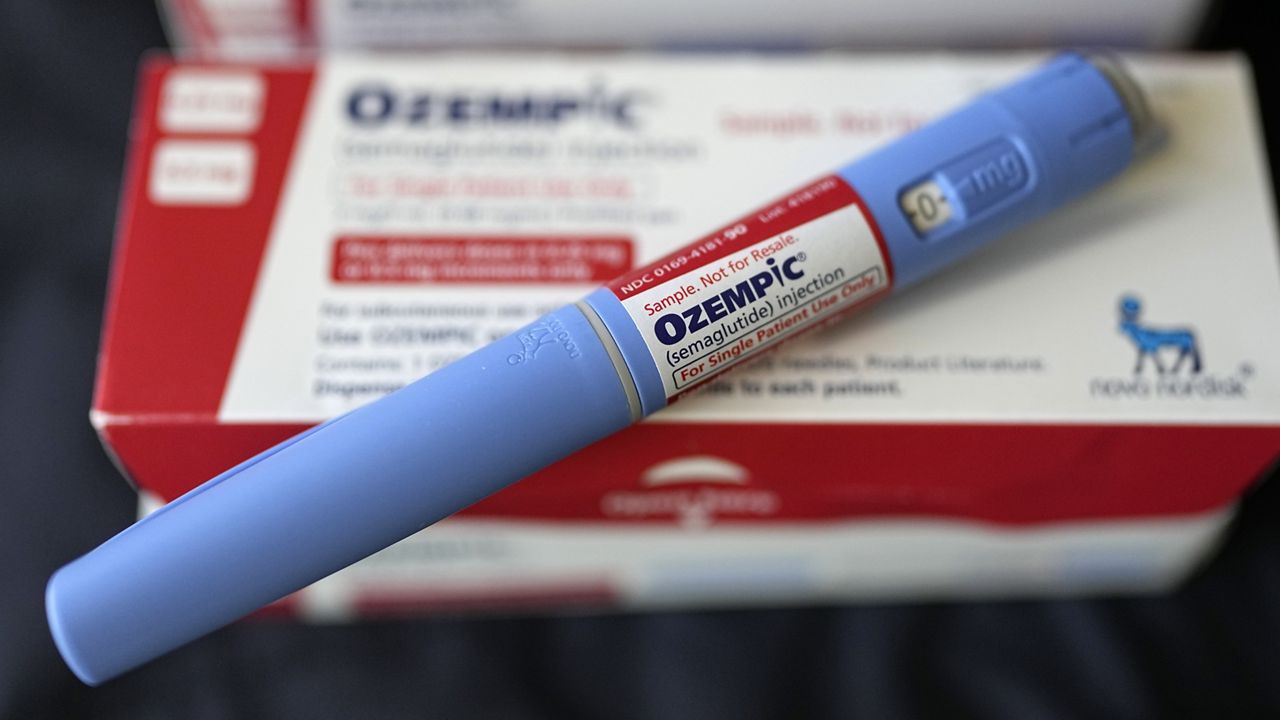With kids and teens more plugged into social media than ever, several new image editing apps, filters and trends related to appearance have some parents concerned.
A survey from the Harris Poll released by the On Our Sleeves Movement for Children’s Mental Health found 69% of parents of children under 18 think new social media editing apps and beauty filters have a negative influence on their child’s body image.
Tik Tok’s "bold glamour" filter is one beauty filter that is gaining popularity among young users. It manipulates selfie videos in real time creating flawless skin and altering facial features. A majority of parents surveyed in the Harris Poll worry that altered images from editing apps and beauty filters are leading to negative social comparisons and unrealistic expectations. Dr. Nicholas Kardaras, an Ivy League educated psychologist and best-selling author said the pressure to be perfect magnified by viewing online images makes some users anxious and depressed.
“The more times a person was on social media, the more self-loathing, the lower self-esteem, the more depressed they were,” Dr. Kardaras said.
In 2021, parent company Facebook, now Meta, conducted an internal review of Instagram.
These were their findings:
- 32% of American teen girls said that when they felt bad about their bodies, Instagram made them feel worse
- 6% of American teen users who reported suicidal thoughts traced the desire to kill themselves to Instagram
Source: Wall Street Journal
Dr. Kardaras said some teens are using these editing apps and beauty filters to present an illusion of visual perfection which he calls a slippery slope because “you’re creating this idealized body image and now if you’re struggling to achieve this unachievable perfection which is drilled into young people’s heads over and over, the message is you’re not as perfect as this influencer, which is airbrushed and Kardashian-like photo shopped.”
Social media has some great benefits for kids, especially in the areas of entertainment and social connection. However, if a person’s identity hinges on external factors like looks and likes, health experts believe they may be setting themselves up for disappointment from varying opinions, feel like they don’t measure up and subsequently struggle with a mental health condition.
How parents can help:
- Have an open, ongoing conversation about social media, including its pros and cons
- Set limits on content and how much time kids can spend online
- Remind teens that there is no one standard for beauty and discuss the importance of body positivity









